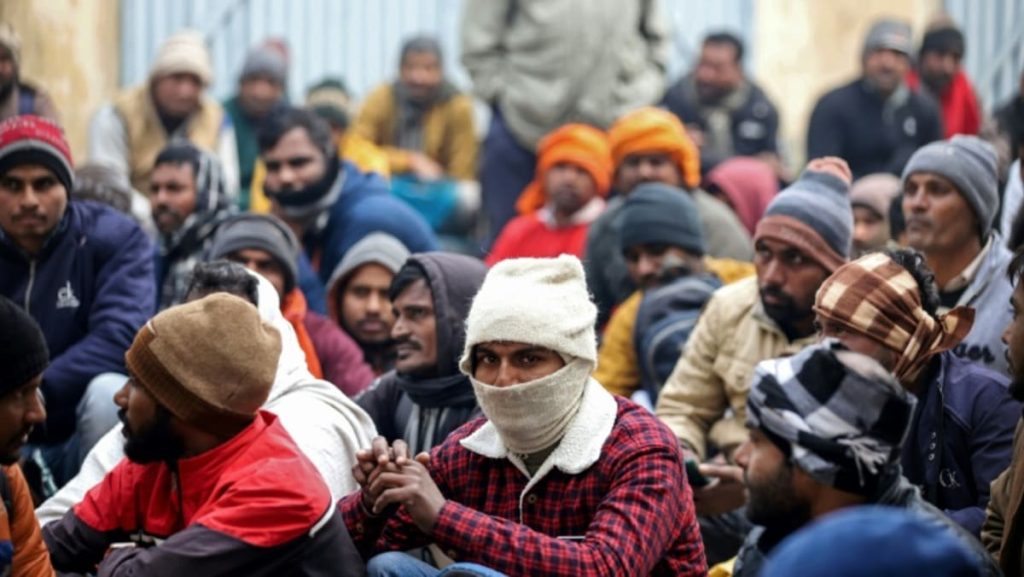The International Labour Organization (ILO) released a report highlighting India’s grim employment scenario, especially among its youth. The Indian Employment Report 2024, produced in collaboration with the Institute for Human Development, revealed that nearly 83 percent of the country’s unemployed are young people. Additionally, the report found that one in three Indians aged 15 to 29 is not working, schooling, or in training. However, the government disputed these figures, claiming they did not include gig workers and those in part-time employment.
Despite the government’s rebuttal, observers agreed with the report’s findings that the benefits of India’s status as the world’s fastest-growing major economy are not being evenly distributed. Many believe that the government has failed to generate jobs for the unskilled and poor segments of the population. As a result, a large portion of the country’s workforce is forced to seek employment in the agricultural or informal sectors, which offer low wages and little job security. This disparity between economic growth and job creation has raised concerns among analysts about the long-term implications for India’s social stability.
Analysts emphasize the urgent need for India to address its job creation crisis in a realistic manner. With 1 million new job seekers entering the market every month, the country must create a corresponding number of jobs simply to prevent a rise in the unemployment rate. Mr Sujan Hajra, executive director and chief economist at Anand Rathi, underscored the importance of leveraging India’s demographic advantage to avoid potential social unrest. Failure to capitalize on this advantage could turn India’s demographic dividend into a liability, with far-reaching consequences for the country’s economic and social well-being in the future.
The inability to create jobs for its growing population has left India facing a significant challenge in harnessing the potential of its young workforce. While the country’s demographic advantage presents an opportunity for economic growth, the lack of sufficient employment opportunities threatens to undermine this potential. As a result, a large segment of India’s youth remains unemployed or underemployed, unable to fully contribute to the country’s development. In order to effectively address this issue, the government must prioritize job creation and implement policies that support inclusive and sustainable economic growth.
The ongoing mismatch between India’s economic growth and job creation highlights the need for a comprehensive strategy to address the country’s employment challenges. By focusing on the creation of quality jobs that provide decent wages and job security, India can ensure that its workforce is able to fully participate in and benefit from the country’s economic growth. Additionally, investing in education and skills development is crucial to equipping young people with the tools they need to succeed in the workforce. By taking a proactive approach to addressing its employment crisis, India can unlock the full potential of its young workforce and pave the way for a more prosperous and inclusive future.


